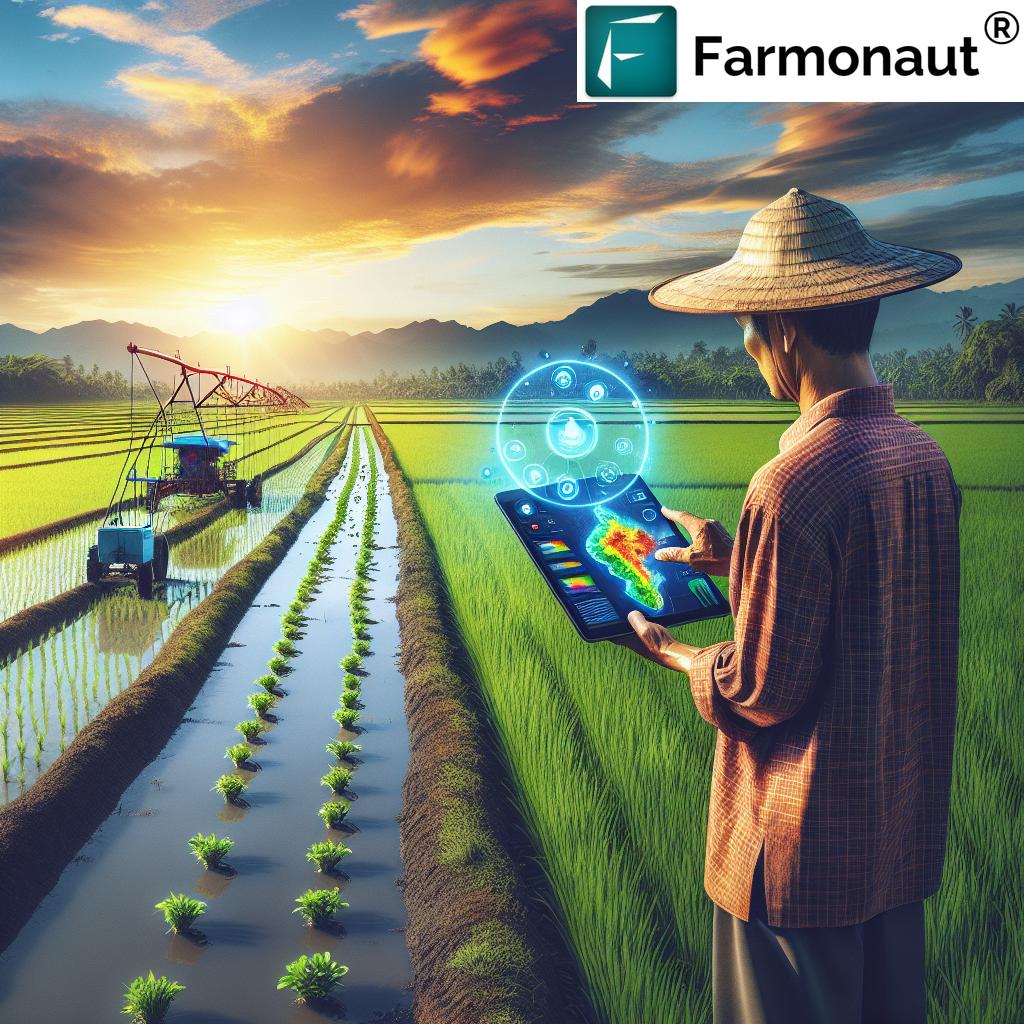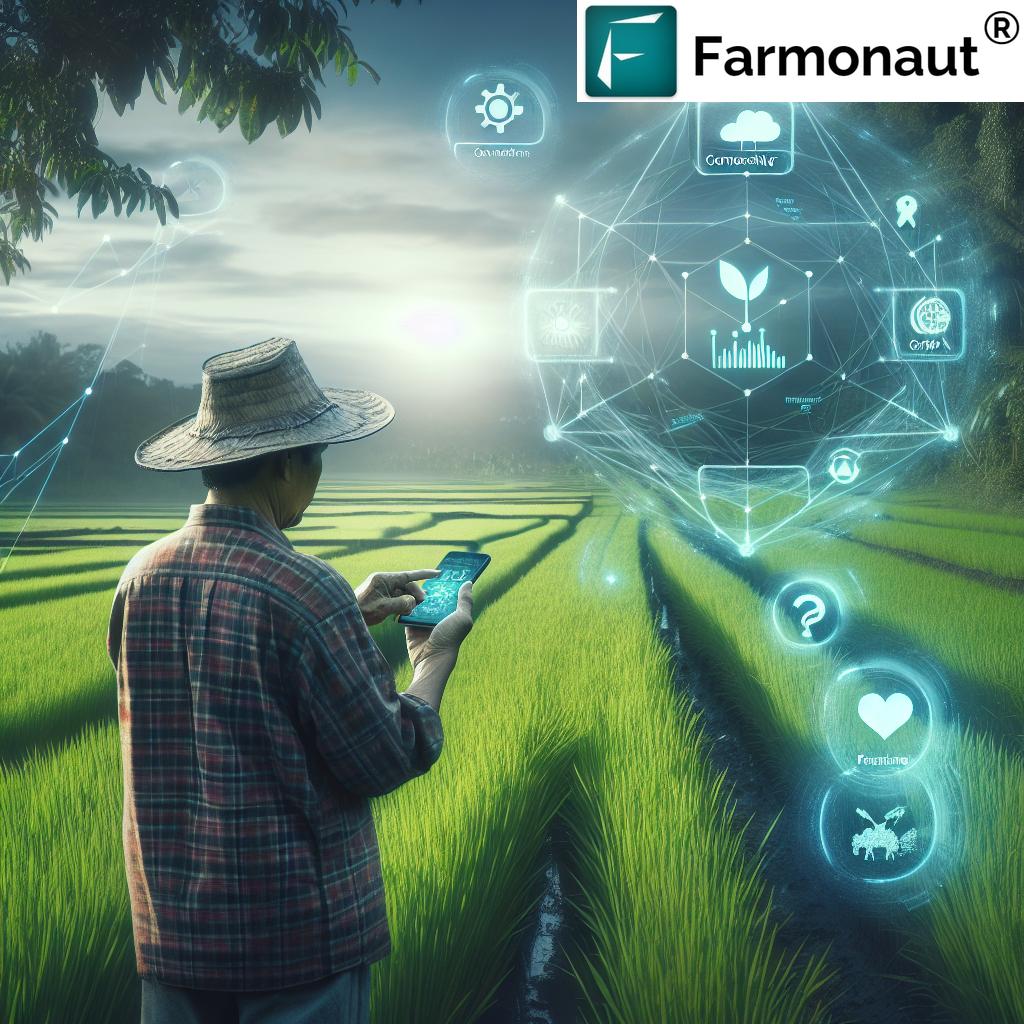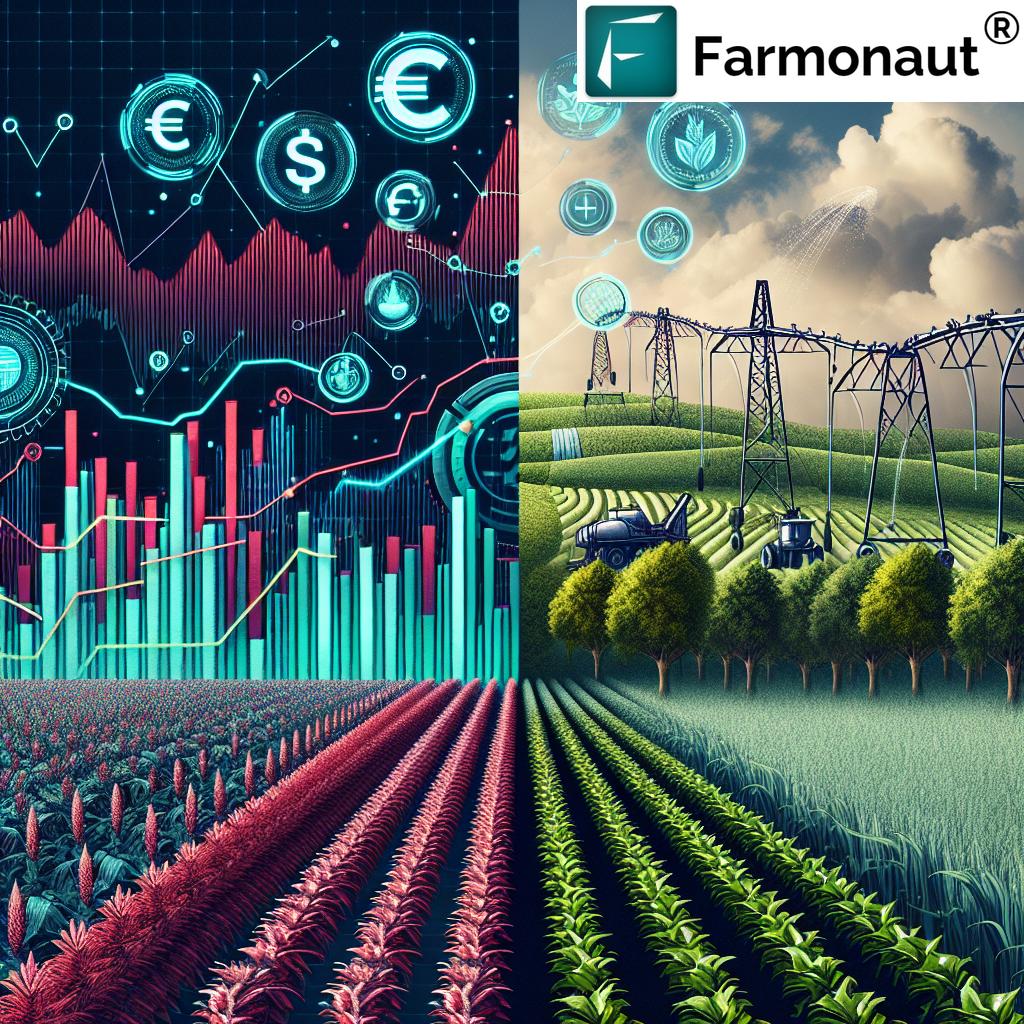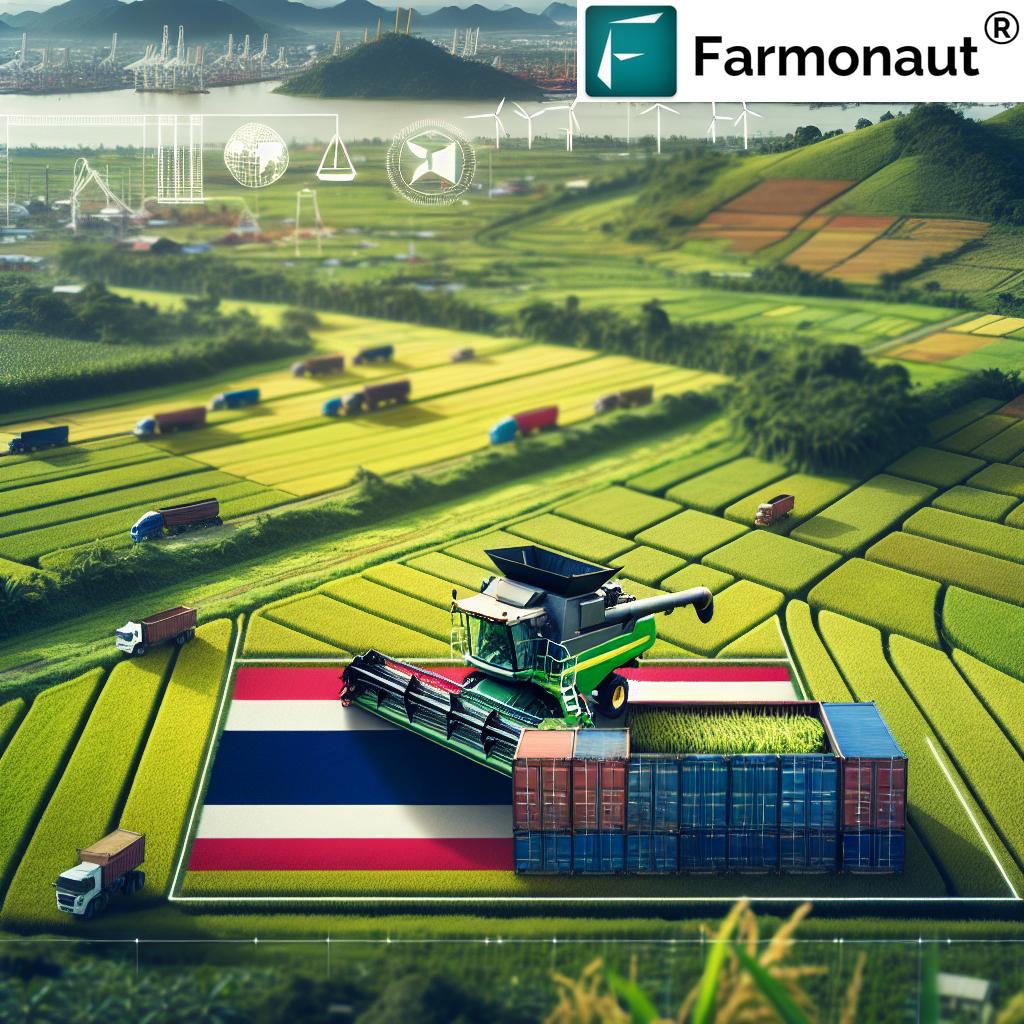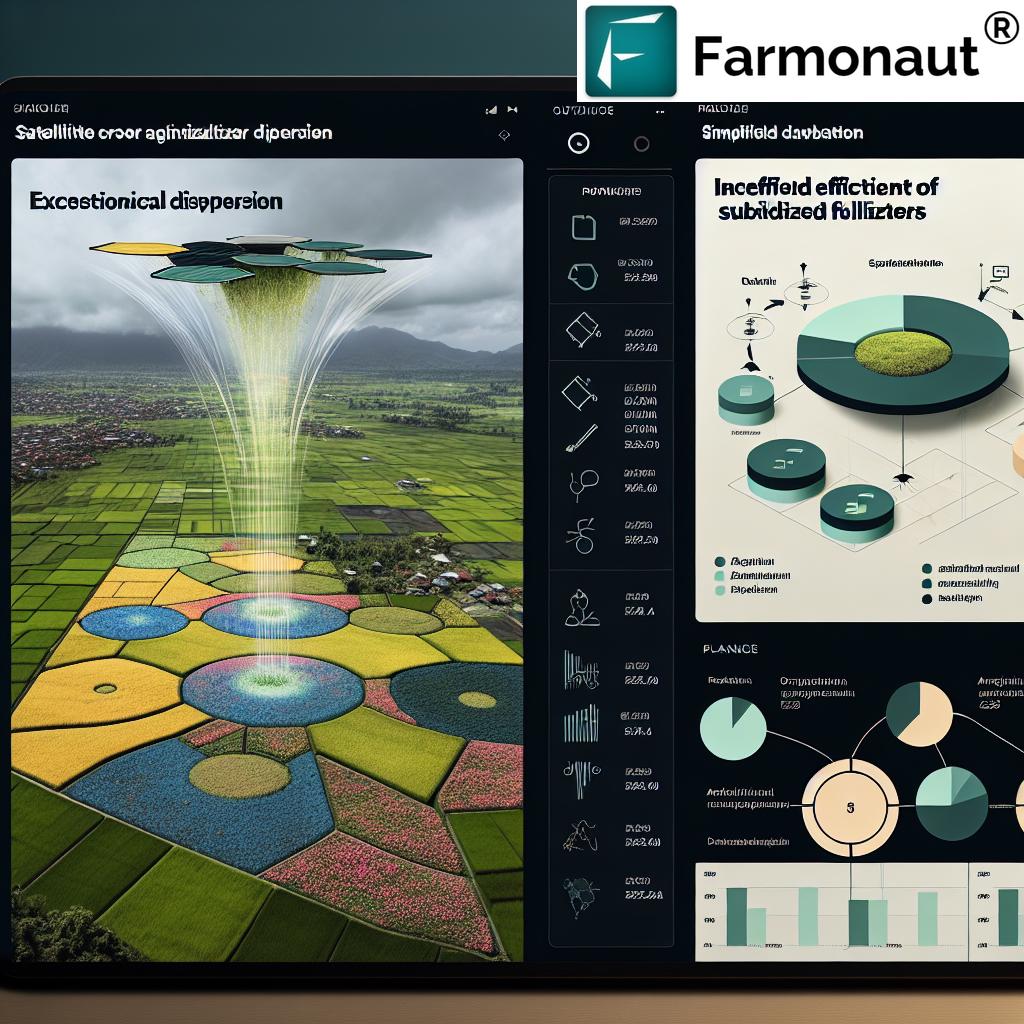Container Agriculture, Agriculture UAE: 2025 Top Trends
“By 2025, container agriculture could help the UAE produce up to 30% more local fresh vegetables annually.”
“Advanced agri-tech systems in UAE container farms enable water savings of up to 90% compared to traditional farming.”
Introduction: Container Agriculture, Agriculture UAE and the 2025 Landscape
The United Arab Emirates (UAE) is at the forefront of agricultural innovation in the Middle East, embracing state-of-the-art technologies to tackle its unique climate and resource challenges. With a rapidly urbanizing population and a growing demand for sustainable, locally sourced food, the reliance on traditional farming methods—hampered by arid conditions, scarce water, and limited arable land—is proving increasingly unsustainable.
In response, container agriculture, agriculture UAE emerges as a truly innovative solution — reshaping the agricultural landscape for 2025 and beyond. By leveraging advanced, highly controlled, modular units for food production, the UAE is rapidly transforming its future in crop security and sustainability.
Our deep dive below reveals how container agriculture is revolutionizing farming in the UAE, improving yield, water efficiency, and opening the door to a more sustainable agriculture sector. Read on for the 2025 trends set to reshape the country’s food system.
What is Container Agriculture and Why Is It Vital for UAE?
Defining Container Agriculture in the UAE Context
Container agriculture describes an agricultural method that involves cultivating crops inside repurposed shipping containers. These compact, mobile units are equipped with sophisticated climate control systems, integrating advanced hydroponic or aeroponic methods, LED lighting, and fully automated nutrient delivery. The entire environmental conditions—from temperature and humidity to moisture and lighting—are precisely managed using IoT sensors and AI-driven automation.
- Year-Round Crop Production: The controlled environment inside containers allows for consistent yields regardless of external weather—making it particularly well-suited to the UAE’s desert climate with its extreme temperatures and dust storms.
- Water Efficiency: Container farms typically utilize 90% less water than conventional, soil-based farming methods, thanks to hydroponic and aeroponic recycling systems that precisely manage nutrients and moisture.
- Land Optimization: By enabling vertical farming on previously unusable terrain—urban rooftops, industrial zones, and even desert terrain—container agriculture minimizes the need for vast expanses of arable farmland.
- Reduced Imports and Enhanced Food Security: With more than 85% of the UAE’s food supply currently reliant on imports, container agriculture helps reduce dependency on global supply chains that can be vulnerable to disruption.
Why Container Agriculture Fits the UAE Context
- Water Efficiency: The UAE is one of the most water-scarce countries globally. Container farms use up to 90% less water than traditional soil-based farming by recycling and managing resources precisely.
- Land Optimization: With much of the landscape dominated by desert terrain, arable land is limited. Container farms can be placed on previously unusable urban rooftops, industrial zones, or compact sites.
- Climate Resilience: Extreme weather and dust storms make outdoor farming tough. Container units are shielded, ensuring consistent crop yields throughout the year.
- Technological Advancement: The UAE’s aggressive AgriTech sector investment has fostered AI and IoT integration in container farms, lowering labor costs and boosting crop production.
As we look to agriculture UAE in 2025, the transition toward container agriculture is critical for meeting increasing food demand, reducing sectoral costs, and driving environmental sustainability.
2025 Top Trends: How Container Agriculture is Revolutionizing UAE Farming
The 2025 agricultural sector in the UAE is poised to undergo remarkable transformation, propelled by advancements in container agriculture. Below we identify the game-changing trends that will define success:
1. Hydroponics & Aeroponics Take Center Stage
- Advanced Hydroponic Systems: Hydroponics enables soil-less cultivation, where nutrient-rich water directly nourishes crop roots. This results in higher yields, water efficiency, and the ability to precisely manage nutrients.
- Aeroponics: Plants are grown in air/mist environments and roots are suspended, allowing even greater reduction in water use and increased nutrient uptake efficiency.
2. Controlled Environment Agriculture (CEA)
Sophisticated CEA systems within shipping containers create optimal growing conditions regardless of external weather. Automated climate control systems manage temperature, humidity, CO₂ levels, and lighting. This provides resilience against dust storms, high heat, and variable desert conditions.
3. LED Lighting Systems
- Custom Light Spectrums: LED lighting in container farms mimics natural sunlight, enabling precise control of photoperiods, intensity, and wavelengths for each crop.
- Year-Round Production: LEDs ensure crops thrive even during extreme UAE summers and allow vertical farming within compact units.
4. Automated Irrigation and Nutrient Delivery
Smart sensors and IoT platforms precisely manage watering and nutrient delivery. AI-driven systems monitor crop health in real-time, ensuring optimal growth and further reducing labor costs and resource wastage.
5. Integration of Renewable Energy
- Solar Energy: To address the challenge of energy consumption for cooling and lighting, many container farms adopt solar panels and battery storage, moving toward net-zero operations.
- IoT Energy Management: Cloud-based, AI-driven energy control systems maximize efficiency and minimize the energy footprint per container.
6. Modular and Scalable Deployment
Container farms are compact and mobile, making them ideal for rapid deployment in urban neighborhoods, school programs, and even remote industrial communities. This boosts local food production and encourages youth engagement in agricultural innovation.
Technological Innovation in Container Agriculture, Agriculture UAE
AI, IoT, Robotics, and Satellite Integration
Innovation is at the heart of the UAE’s 2025 agricultural strategy—and container agriculture is leading the way in leveraging technology for real impact:
- Robotics: Advanced robotics automate planting, harvesting, monitoring, and packaging, reducing labor costs while ensuring higher efficiency and consistency.
- AI-Powered Farm Management: Machine learning models optimize crop selection, predict potential disease outbreaks, and adjust resources in real-time.
- Internet of Things (IoT): Smart sensors monitor temperature, humidity, nutrient levels, and water use within containers, providing data for precision agriculture and sustainability.
Climate and Resource Data from Satellite Platforms, such as Farmonaut
Platforms like Farmonaut empower decision-makers in agriculture, UAE by providing satellite-based data on crop health, soil moisture, weather patterns, and environmental impact tracking. These insights allow for data-driven decisions that benefit both large-scale operations and smaller urban container farms, optimizing output, improving resilience, and lowering operational costs.
- Environmental and Carbon Footprint Tracking: Reduce emissions, comply with regulations, and move toward net-zero container farm operations using precise emissions data. Learn more about Farmonaut’s Carbon Footprinting Services.
- Supply Chain Traceability: Traceability solutions based on blockchain allow for transparent tracking of container-farmed produce from seed to shelf, building consumer trust.
- Resource Management and Smart Operations: Fleet management tools enable efficient logistics and equipment usage across dispersed container farming sites.
Developers: Integrate satellite insights into your container farms: Farmonaut Satellite API | Developer Docs
Comparative Trends Table: Container Agriculture Technologies in UAE by 2025
| Trend/Technology | Estimated Adoption Rate (%) | Yield Improvement (%) | Water Usage Reduction (%) | Estimated Investment Cost (USD/container) |
|---|---|---|---|---|
| Hydroponics | 75% | 30–60% | Up to 90% | $40,000–$60,000 |
| Aeroponics | 40% | 35–70% | Up to 95% | $70,000–$90,000 |
| Controlled Environment Agriculture (CEA) | 80% | 40–65% | Up to 80% | $60,000–$100,000 |
| LED Lighting | 90% | 20–35% | Up to 85% | $10,000–$20,000 |
| Automated Irrigation Systems | 70% | 25–40% | Up to 75% | $15,000–$28,000 |
(Note: Values are estimates based on industry reports. Actual results may vary based on scale, crop, and climate variability.)
Crops and Applications: What Grows Best in Container Farms?
Container agriculture in the UAE primarily focuses on high-value crops with rapid growth and substantial local demand. Key examples include:
- Leafy Greens: Lettuce, spinach, kale, and arugula thrive in hydroponic and aeroponic setups, offering quick turnover and high nutrition.
- Herbs: Basil, mint, coriander, dill, and parsley are ideally grown in controlled containers, as their oil and flavor profile benefit from precise climate management.
- Microgreens: Fast-growing, nutrient-dense, and increasingly popular in urban cuisine and as superfoods.
- Fruiting Plants: Strawberries, cherry tomatoes, and peppers are gradually being grown using hybrid container techniques, offering fresh local alternatives to imports.
- Experimental and Specialty Crops: Some container farms are trialing medicinal plants, edible flowers, and even gourmet mushrooms to diversify offerings.
Applications: Container units are deployed in diverse settings—from urban rooftops and industrial parks to educational campuses, luxury resorts, and remote oilfield camps—helping reshape the UAE’s agriculture landscape.
Economic and Social Impact of Container Agriculture in the UAE
Reducing Imports and Building Food Security
- Import Reduction: Currently, the UAE imports over 85% of its food supply. Container agriculture supports the National Food Security Strategy, enabling greater control over food supply and enhanced sovereignty.
- Freshness and Nutrition: Locally grown crops reach consumers faster and fresher, enhancing nutritional value compared to imported produce that may spend days in transit.
- Reduced Carbon Footprint: By shortening supply chains, the carbon emissions linked to imported food are reduced, supporting environmental goals.
Employment and New Career Opportunities
- Job Creation: The rise of controlled-environment agriculture and container farms creates skilled employment in AgriTech, robotics, AI, agronomy, machinery management, and logistics.
- Youth Engagement: Modular, hi-tech container farming is accessible for educational institutions and community initiatives, inspiring youth to pursue agricultural science and innovation.
Urban and Community Engagement
- Food Empowerment: The modular nature of container agriculture allows urban communities to host neighborhood farms, improving food self-reliance.
- Awareness and Sustainability: Container units act as living classrooms on sustainable agriculture for students, professionals, and future entrepreneurs.
For agricultural entrepreneurs and decision-makers, satellite-powered data management solutions from Farmonaut—including AI advisories, crop loan and insurance verification, and large-scale farm management for container setups—ensure risk reduction and maximize productivity.
Satellite, Blockchain, and AI: New Frontiers with Farmonaut
As the UAE innovates its agricultural sector, Farmonaut’s technologies provide powerful backing for container agriculture:
- Satellite-Based Monitoring: Farmonaut uses multispectral satellite imagery to monitor crop health (NDVI), soil conditions, resource use, and carbon emissions at the container and farm cluster level.
- AI-Based Advisory Systems: Through real-time advisory and alert features, container farm operators gain predictive insights on weather, nutrient recommendations, irrigation optimization, and pest risks.
- Blockchain Traceability: Using traceability modules, UAE container farms can provide verifiable data on every stage of food production—crucial for market, retail, and supply chain transparency.
- Environmental Impact Tracking: Farmonaut’s carbon footprinting tools enable data-led progress toward net-zero emissions goals for forward-looking UAE agri-businesses.
Our platform operates via web and mobile apps, as well as developer-friendly APIs. This enables individual farmers, AgriTech companies, and government stakeholders in the UAE to scale their container agriculture initiatives—securely, efficiently, and sustainably.
Challenges and Future Outlook for Agriculture UAE
Key Challenges
- Initial Capital Costs: Despite long-term savings, the high upfront investment required for container units, robotics, and automated systems remains a barrier for many smallholders.
- Energy Demand: Continuous climate control, lighting, and automation require significant energy—necessitating integration of renewables like solar for a path toward net-zero operations.
- Specialized Expertise: Operating container farms demands skilled technicians, data scientists, and agronomists. Upskilling the workforce and ensuring ongoing maintenance are vital for success.
- Crop Diversity: While leafy greens and herbs dominate, expansion to staple crops (e.g., grains) or protein-rich alternatives involves further research, customization, and investment.
The Future: What’s Next for UAE Container Agriculture Beyond 2025?
Looking toward 2030 and beyond, UAE policymakers view container agriculture as a pillar of sustainable food security. Ongoing investment in research, subsidies, and public-private initiatives will:
- Lower capital expense through local manufacturing and favorable financing;
- Expand renewable energy use for energy-resilient container farms;
- Diversify crops, including specialty, medicinal, and protein-rich varieties;
- Integrate container farming into urban planning, schools, and hospitals for broad-based community nutrition;
- Leverage real-time data, machine learning, and blockchain for full traceability and supply chain trust.
With these advancements, container agriculture, agriculture UAE will continue to reshape the nation’s landscape, securing a resilient, independent, and climate-smart food system.
Frequently Asked Questions
1. What is container agriculture and why is it important for the UAE?
Container agriculture is the practice of growing crops inside repurposed shipping containers using climate-controlled, hydroponic, or aeroponic systems. It is essential for the UAE due to water scarcity, limited arable land, and extreme climate conditions, enabling year-round, local, and sustainable food production.
2. Which crops are most suitable for container agriculture in the UAE?
Leafy greens (lettuce, spinach), herbs (basil, mint), microgreens, and certain fruiting plants (cherry tomatoes, strawberries) are ideal. Research is ongoing to broaden the range.
3. How does container agriculture save water compared to traditional farming?
Through hydroponics and aeroponics, container units recycle water efficiently, often using up to 90% less water, making them highly suitable for the UAE’s arid climate.
4. What technology trends are shaping container agriculture in the UAE for 2025?
Key technologies include hydroponics, aeroponics, LED lighting, automated irrigation, IoT sensors, AI-driven management, robotics, and satellite monitoring for precision and efficiency.
5. What role does Farmonaut play in container agriculture?
Farmonaut provides satellite-based monitoring, AI advisory, blockchain-based product traceability, and resource management solutions, enabling container farms to optimize yield, enhance sustainability, reduce emissions, and improve supply chain trust.
6. How can entrepreneurs and agribusinesses in the UAE get started with container agriculture?
By investing in modular container units equipped with advanced agri-tech, leveraging platforms like Farmonaut for data-driven management, and accessing government support programs focused on food security and sustainable farming innovation.
Conclusion: 2025 and Beyond
In 2025, container agriculture stands at the forefront of transforming the UAE’s agricultural sector. By leveraging advanced technologies, controlled environments, and sustainable practices, container farms in the United Arab Emirates provide a practical, scalable, and innovative solution to the country’s unique food security challenges.
The benefits—higher yield, lower water and energy use, reduced dependence on imports, and enhanced climate resilience—position the UAE as a global leader in smart farming, especially in arid environments.
Farmonaut’s satellite, AI, and blockchain technologies further empower UAE farmers—urban and rural alike—to monitor, optimize, and revolutionize crop production safely and sustainably. With the momentum of the UAE’s vision, container agriculture will continue to anchor the nation’s journey toward sustainable food security and agricultural innovation well into the next decade.




